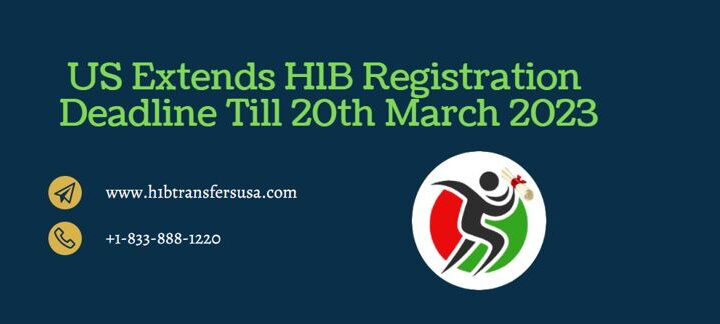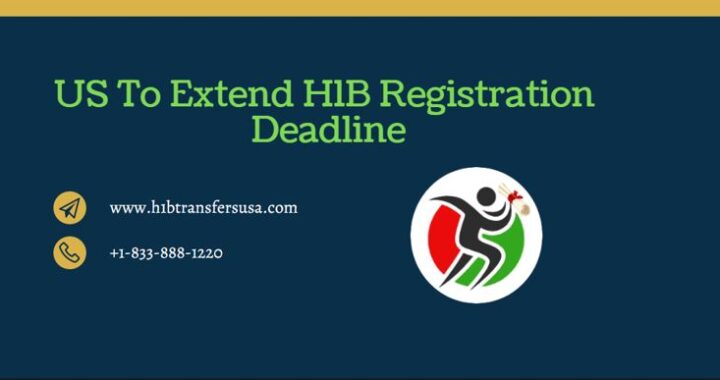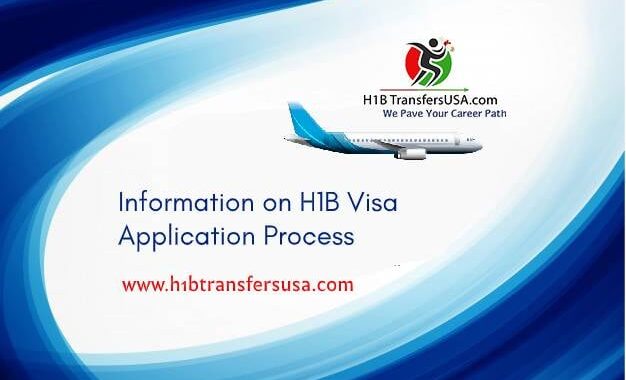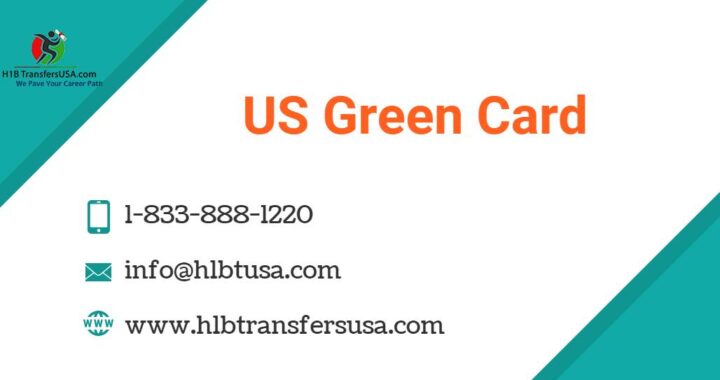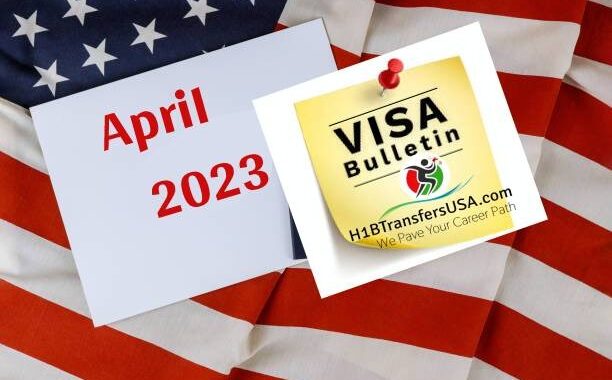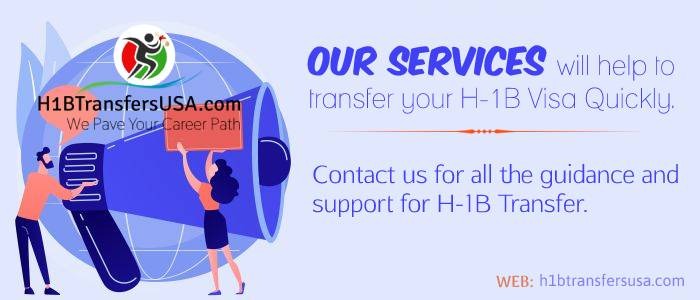H-1B Status: Cap-Subject Vs. Cap-Exempt
3 min read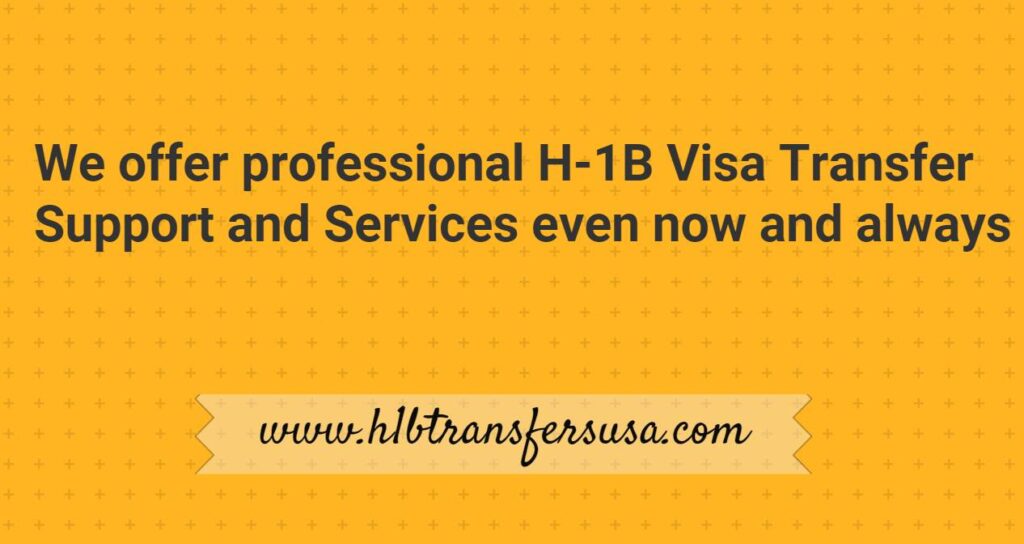
The H-1B visa is the most common type of visa in the United States. To be eligible, a foreign worker must be sponsored by a U.S. employer for a position typically requiring at least a four-year degree and have at least a bachelor’s degree (or the equivalent in the United States). H-1B status is employer-sponsored, and by law, all fees and costs related to the process must be paid by the employer. In the United States, employment-based immigration is employer, location, and position-specific.
As a result, the employer may be required to submit an amendment petition to the U.S. Citizenship and Immigration Service (USCIS) if any of these factors alter during employment. Because employment is voluntary, it can be ended. At any time by either the employee or the employer (USCIS must be informed). H-1B status is granted in three-year increments and can be held for a total of six years, with a few exceptions.
Foreign nationals must have a valid immigration status that allows them to work in the United States. In most cases, a foreign national must have a family member or employer sponsor her in order to obtain work authorization.
H-1B Status
Each year, H-1Bs are the most-used work visa, but they are numerically limited. Each year, there are significantly more applicants than H-1Bs available. (For the 85,000 visas that were available, there were 483,927 entries this year.) Each March, a random electronic lottery is held, and those who win can apply for an H-1B visa through USCIS. H-1B employment begins on October 1 if approved. To remain in the United States or leave, the foreign national must maintain valid immigration status if they are not selected.
This lottery procedure and numerical cap are subject to some exceptions. The following are exceptions:
- Foreign nationals with H-1B status who wish to switch employers are not eligible for the lottery. Prior to the start of employment, the new employer must submit an H-1B petition to USCIS.
- Without participating in the lottery, the prospective employer of a foreign national who has held H-1B status within the previous six years can file an H-1B petition.
- The H-1B cap does not apply to certain employers, such as universities, government research facilities, and teaching hospitals.
- An employee with H-1B status can work for another employer concurrently, typically on a part-time basis. The second employer doesn’t need to enter the lottery yet needs to file a simultaneous H-1B petition with USCIS. (The foreign national must continue working for the primary employer under this arrangement).
[DACA Implemented as a Regulation]
A foreign national may be eligible for another non-immigrant status, employment-authorized dependent status, or green card sponsorship if H-1B status (cap-subject or exempt) is not feasible. It is best to discuss the available immigration options with a U.S. immigration attorney early on. When considering hiring a foreign national in need of sponsorship.

